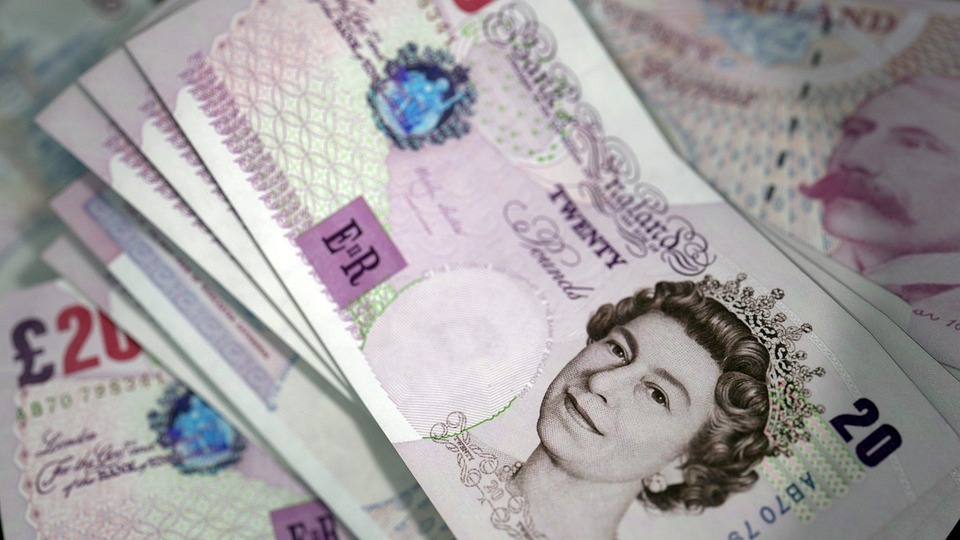Last updated Mar. 26, 2025 by Charles Zemub
Applying for a credit card is a significant step in managing personal finances, establishing credit history, and accessing a revolving line of credit for everyday purchases. The process can seem straightforward at first glance, but understanding the intricacies can increase your chances of getting approved. In this comprehensive guide, we will walk you through the steps of applying for a credit card, what factors influence approval, and how you can improve your chances of getting that much-coveted approval.
Understanding Credit Cards
Before diving into the application process, it’s crucial to understand how credit cards function and what benefits and responsibilities they entail. A credit card is a financial tool that allows you to borrow a certain amount of money up to a limit set by the issuing bank. Credit cards offer convenience, rewards, and the ability to build credit history and scores when used responsibly.
However, with the benefits come responsibilities. Mismanagement of credit cards can lead to high-interest debt and a negative impact on your credit score. Therefore, comprehending the terms such as interest rates, grace periods, annual fees, and reward systems is essential before applying.
Steps to Apply for a Credit Card
1. Assess Your Credit Needs
Understanding what you need from a credit card is the first step. Are you looking for low-interest rates, rewards, cashback on purchases, or building credit? Different cards serve various needs, such as student cards, secured cards for building credit, or travel cards for frequent travelers. Identifying your primary need will help narrow down options.
2. Check Your Credit Score
Your credit score is a pivotal factor in determining your eligibility for a credit card. Scores range from 300 to 850, with higher scores indicating better creditworthiness. Most credit card companies require a good to excellent credit score (around 670 or higher) for approval of premium cards. You can check your credit score for free through various services and ensure there are no discrepancies in your credit report.
3. Research and Compare Credit Card Offers
Once you know your credit score, research the different credit card options available to you. Look for cards that suit your financial needs and match your credit profile. Consider factors such as interest rates, fees, reward structures, and whether there are introductory offers. Websites like NerdWallet, Credit Karma, and Bankrate can be helpful resources for comparison.
4. Understand the Terms and Conditions
Before applying, read the credit card’s terms and conditions. This includes understanding the Annual Percentage Rate (APR), fees, rewards program, and any introductory offers. It’s important to know how interest is calculated and what happens if you miss a payment.
5. Gather Necessary Information
Prepare the necessary documentation for your application. This typically includes personal identification information, employment and income details, and financial obligations. Having these on hand can streamline the application process.
6. Choose Your Application Method
You can apply for a credit card online, by phone, or through mail. Online applications are typically faster and more convenient. Ensure you fill out the application form accurately to avoid any delays or rejections.
7. Submit Your Application
Once you’ve completed the application form, submit it and wait for a response. While some applications are approved instantly, others may take a few days or weeks for approval. Patience is key.
Improving Your Approval Odds
1. Build a Good Credit History
If you have a thin or poor credit history, consider applying for a secured credit card or becoming an authorized user on someone else’s account to build your credit.
2. Pay Off Debt
High levels of existing debt can affect your credit utilization ratio, which impacts your credit score. Paying down debt before applying can improve your creditworthiness.
3. Limit Hard Inquiries
Each credit card application results in a hard inquiry, which can slightly lower your credit score. Limit the number of applications you submit in a short period.
4. Check for Pre-Qualification
Many credit card companies offer pre-qualification checks that don’t affect your credit score. This can give you an idea of the cards you are likely to be approved for before you formally apply.
✓ Short Answer
To apply for a credit card and improve your chances of approval, start by understanding your credit needs and checking your credit score. Research different card offers to find one that suits you, and carefully read the terms and conditions. Gather necessary documentation and apply online for convenience. Improve your approval odds by maintaining a good credit history, reducing debt, and checking for pre-qualification offers. Patience and attention to detail are key to a successful application.
FAQs
Q1: What credit score is needed to get approved for a credit card?
A1: Generally, a credit score of 670 or higher is considered good and increases your chances of approval for most credit cards. Some cards, especially those targeted at people building or rebuilding credit, may be available to those with lower scores.
Q2: How long does it take to get approved for a credit card?
A2: Approval times vary. Some applications are approved instantly online, while others may take a few days to weeks depending on the card issuer’s verification process.
Q3: Can I apply for multiple credit cards at once?
A3: While you can, it’s not advisable. Each application results in a hard inquiry on your credit report, which can temporarily lower your score. It’s better to apply for cards sequentially and space them out over time.
Q4: What if I’m not approved for a credit card?
A4: If your application is denied, review the reasons provided by the issuer, correct any issues if possible, and consider applying for a secured card or a card with less stringent requirements.
Q5: What should I do if I have no credit history?
A5: Consider applying for a secured credit card or a student card, which are often designed for individuals starting their credit journeys. Becoming an authorized user on another person’s card can also help build credit history.
Taking the time to apply thoughtfully and strategically can enhance your chances of obtaining a credit card and using it effectively to bolster your financial health. With disciplined management, a credit card can be a powerful tool in achieving your financial goals.



![How To Correct A Mistake On A Money Order [Process Explained]](https://paypant.com/wp-content/uploads/2024/06/How-To-Correct-A-Mistake-On-A-Money-Order-Process-768x512.jpg)
